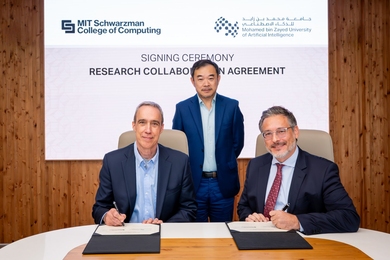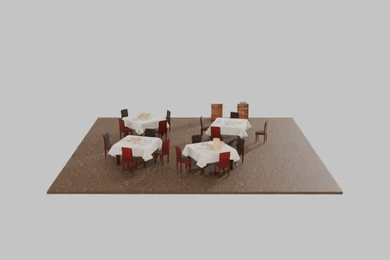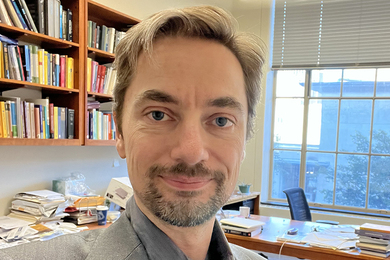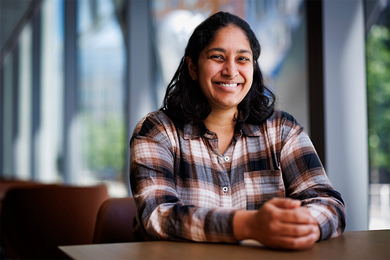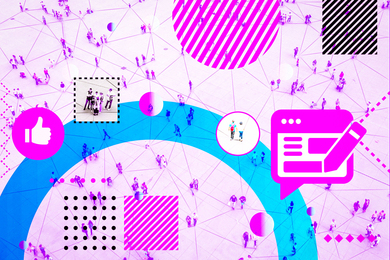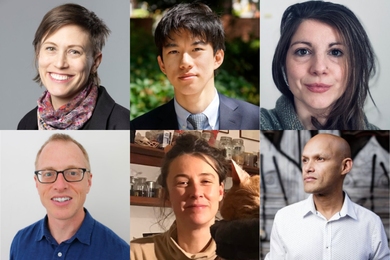MIT Schwarzman College of Computing and MBZUAI launch international collaboration to shape the future of AI
The MIT–MBZUAI Collaborative Research Program will unite faculty and students from both institutions to advance AI and accelerate its use in pressing scientific and societal challenges.
